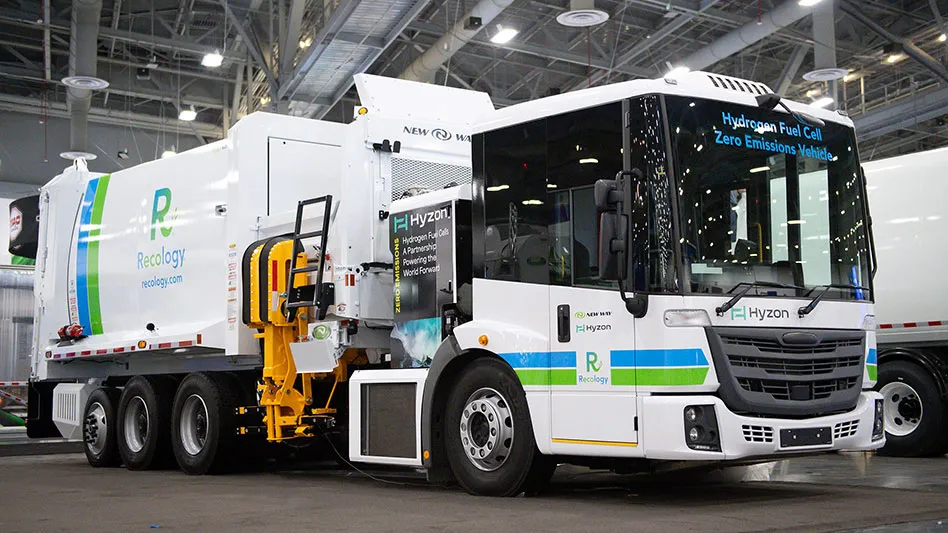
A team of researchers says it has demonstrated that discarded surgical masks can be converted into value-added chemicals through a pyrolysis thermal decomposition process.
The international team of scientists was led by Professor Yong Sik Ok and Dr. Xiangzhou Yuan of Korea University, based in South Korea, who received great support from Professor Xun Hu of the University of Jinan in China and Professor Xiaonan Wang of the National University of Singapore and Beijing-based Tsinghua University.
The researchers have published their findings in a periodical called Bioresource Technology.They says the pyrolysis of polypropylene (PP), which they call the main component of surgical mask, has already been studied in detail. They add, though, that masks “usually contain other fillers that could affect their pyrolysis behavior.”
The research team said it analyzed how the pyrolysis conditions affected the obtained products, running multiple experiments at different pyrolysis temperatures and with different heating rates, “capturing all the outputs and subjecting them to thorough characterization.”
The researchers found one set of pyrolysis conditions yielded a carbon-rich and oxygen-deficient liquid oil as the main product. Further analyses revealed this oil had a high heating value that “is only slightly lower than that of diesel fuel and gasoline.” In other words, the results showed that surgical masks can be converted into a burnable fuel that can in turn be used to generate electricity or in other applications.
“The story does not end there,” adds the team. They say being able to convert waste into something useful doesn’t necessarily make it a good idea. The researchers conducted a life cycle assessment (LCA) of their proposed methodology to quantify the environmental impacts of the discarded mask-to-energy cycle.
“The results of the LCA were promising, indicating that the conversion of waste masks into electricity through pyrolysis offered better performance than most conventional waste management approaches on several fronts, including less CO2 emissions, less terrestrial ecotoxicity, and less phosphorous emissions,” state the report’s authors.
“We verified that upcycling post-consumer surgical masks into value-added energy products represents a sustainable and promising route with notable environmental benefits,” remarks Dr. Yuan.
“Understanding new ways to turn surgical masks into value-added energy products will help us mitigate plastic pollution and achieve sustainable waste-to-energy conversion in the future,” says Professor Ok. “The novel upcycling route proposed in our study could help us protect Earth’s ecosystems and reach several of the United Nation’s sustainable development goals.”
Latest from Waste Today
- Waste Robotics and Greyparrot form partnership
- Delos and Silverfern Group complete sale of Pioneer Recycling Services
- Simplified Environmental Solutions adds 2 locations
- Glass Recycling Foundation awards $150K in grants
- Kent County, Michigan, opens new transfer station
- GFL reports revenue increase in first quarter
- Bioenergy Devco honored at SEAL Awards
- AMCS showcasing Performance Sustainability Suite at WasteExpo





